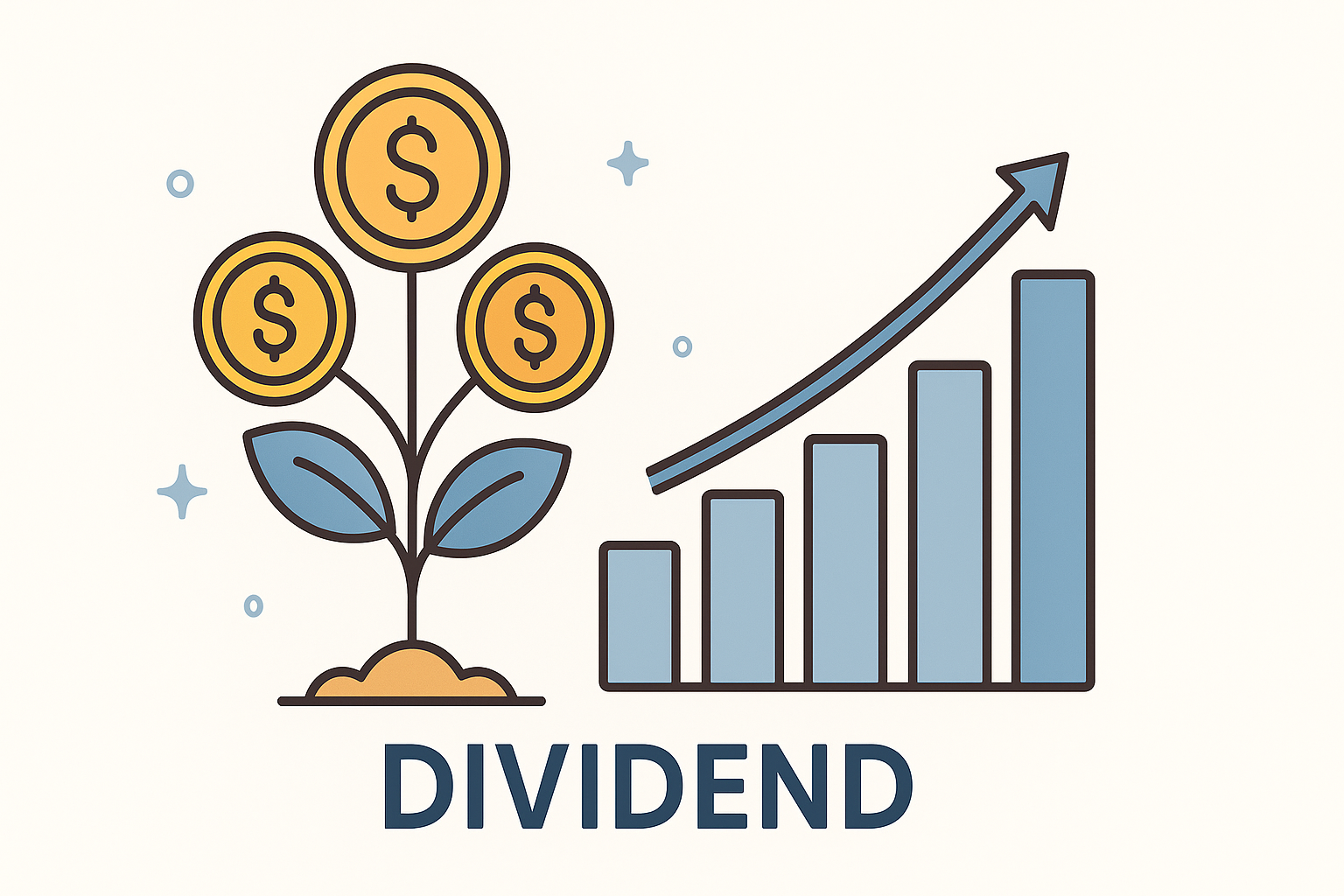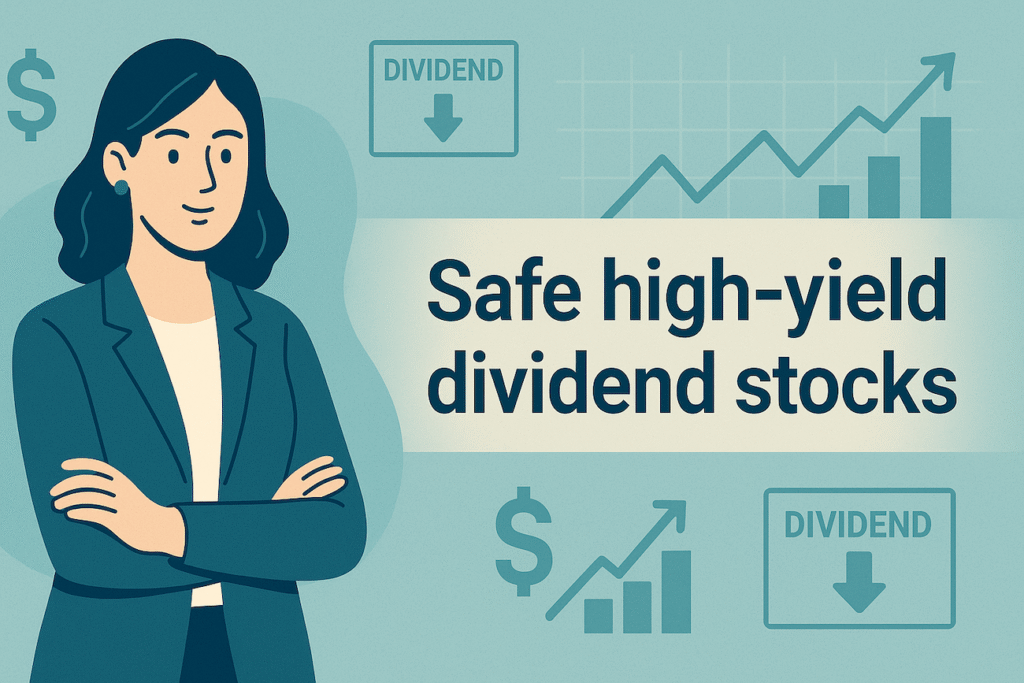I still remember my first visit to a Swiss orchard, where generations of farmers tended apple trees with meticulous care. Each season, they didn’t just harvest fruit—they nurtured saplings, grafted new branches, and reinvested their efforts to ensure tomorrow’s bounty surpassed today’s. In dividend investing, Dividend Reinvestment Plans (DRIPs) act like that grafting process: they take your dividends and plant them back into the investment, creating a self-sustaining wealth engine that grows year after year.
Why DRIPs Matter: Turning Dividends into Future Gains
DRIPs automate reinvestment, buying additional shares—including fractional shares—each time a dividend is paid. As a result, each dividend payment increases your share count, so the following dividend is calculated on a larger base. Over time, this snowball effect can dramatically outpace a strategy that merely pockets dividends as cash.
How Compounding Works: A 20-Year Illustration
To illustrate, let’s compare two $10,000 investments in a 4% yield stock over 20 years:
- Without DRIPs, the portfolio stays at $10,000 (dividends withdrawn each year).
- With DRIPs, the portfolio grows to approximately $21,912—more than double—solely from reinvested dividends.
Comparison of a $10,000 investment growth over 20 years with DRIP reinvestment versus holding cash
This chart, created in a clean Oswald font, demonstrates the exponential growth enabled by DRIPs:<div align=”center”> <img src=”chart:117″ alt=”Compounding Effect of DRIPs: 20-Year Growth” /> </div>
Key Benefits of DRIPs
- Exponential Growth
Reinvested dividends earn dividends themselves, creating a feedback loop that accelerates wealth accumulation. - Dollar-Cost Averaging
Regular reinvestment purchases shares at varying market prices, smoothing out volatility and lowering average cost per share. - Discipline and Convenience
Automatic reinvestment removes emotional timing decisions and keeps you invested through market cycles.
Avoiding Common Pitfalls
- Tax Management
Even though dividends are reinvested, they remain taxable in most jurisdictions. Keep detailed records to ensure accurate reporting. - Overconcentration Risk
Continuously reinvesting in a single company can lead to overweight positions. Regularly rebalance and diversify across sectors. - Liquidity Considerations
Fractional shares may not be easily sold independently. Plan your DRIP usage alongside broader portfolio needs.
A Swiss-Style DRIP Strategy
- Select Quality Dividend Payers
Choose companies with sustainable yields (3–5%), moderate payout ratios (40–60%), and strong free-cash-flow coverage. - Use Commission-Free Platforms
Opt for brokerages or company DRIPs that eliminate transaction fees, maximizing your reinvested capital. - Monitor and Rebalance Annually
Review your holdings yearly to manage concentration and ensure your portfolio aligns with your goals. - Commit to the Long Term
Aim for at least 15–25 years to fully benefit from compounding. Patience rewards disciplined investors.
Key Takeaways
- DRIPs convert every dividend into additional shares, amplifying future dividend income.
- Over 20 years, reinvested dividends can more than double your investment compared to withdrawing dividends.
- Dollar-cost averaging and automated discipline smooth market volatility and maintain harvesting consistency.
- Proper tax record-keeping and portfolio diversification are essential to manage risks.
- A long-term, Swiss-style approach—focusing on quality companies and periodic rebalancing—maximizes the compounding advantage.
Conclusion: Cultivating Your Dividend Orchard
Just as Swiss orchardists invest in young trees to nourish future harvests, using DRIPs plants seeds of long-term financial growth. By reinvesting dividends with precision and discipline, you harness a compounding engine that transforms modest contributions into substantial wealth over time. In our next post, we’ll explore “Building a Global Dividend Portfolio: Diversification Strategies for Steady Income”, where we’ll apply these compounding principles across international markets. Stay tuned to nurture your financial orchard into a flourishing legacy.


